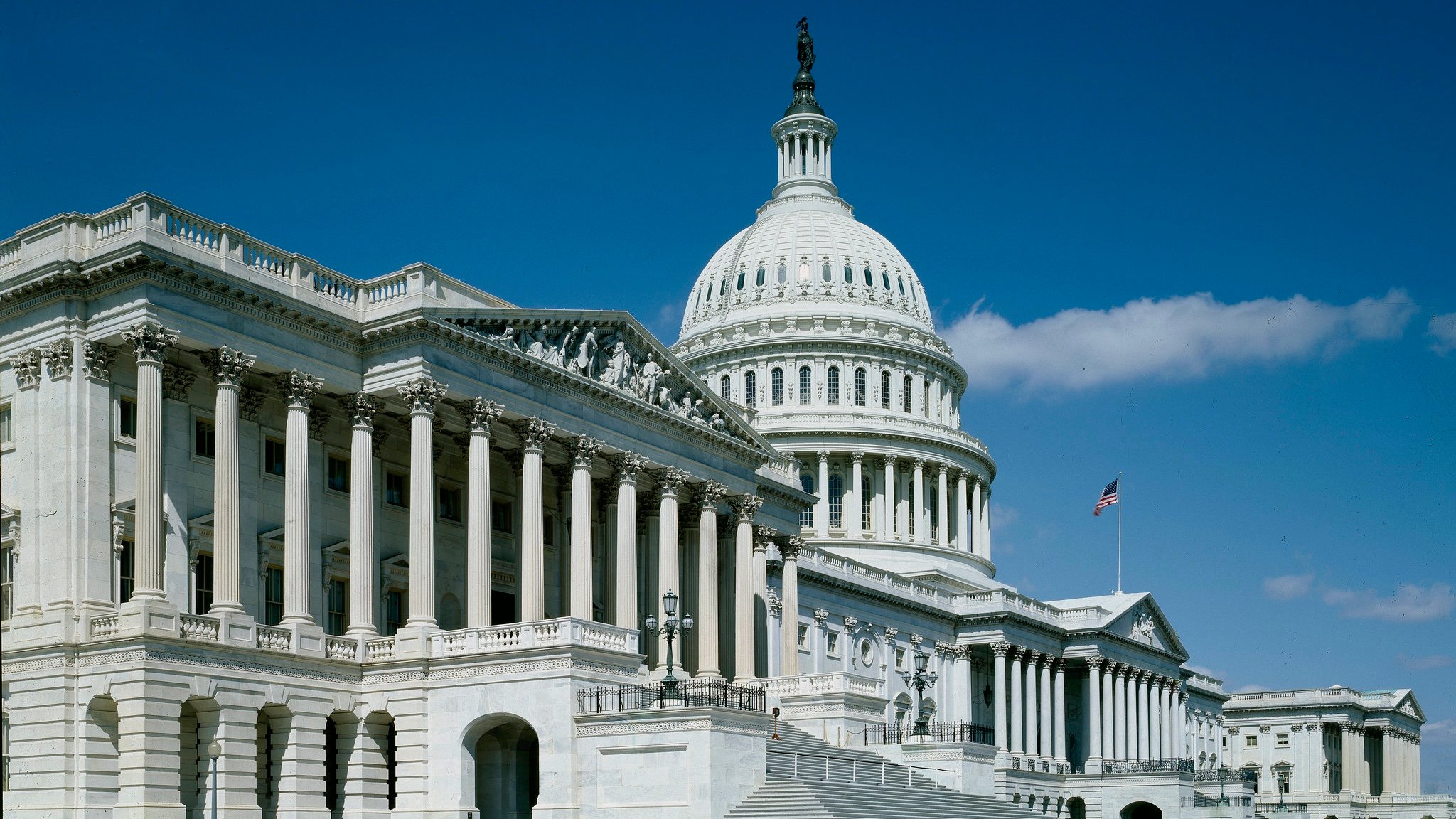Arbitron reports new benchmark for pubradio news/talk audience
Audiences for news and talk stations delivered more than half of public radio’s listening in 2012, according to Arbitron’s annual study on public radio audience trends.
The average quarter-hour (AQH) share, an Arbitron term describing the percentage of public radio listeners who tune to a specific format, hit 51.7 percent for pubradio news and talk stations last year, an 2.7 percent increase from 2011 and a precedent for the growth of public radio’s most powerful format, according to Arbitron’s “Public Radio Today 2013.”
The study, which looked at audience trends across all stations and formats in 2012, found that public radio’s total audience remained at 32 million, or 12 percent, of all radio listeners. The number of weekly listeners grew by 7.5 percent, or 1.2 million, to a total of 18 million.
Triple-A stations contributed to the gains by boosting the format’s weekly cume to 3.4 million listeners, an increase of 8.7 percent. The format’s AQH share in 2012 was 6.3 percent, basically unchanged from the prior year.
For the second year in a row, classical music held its status as the second-most-popular public radio format. Its AQH decreased less than one percent to a 15.3 percent share; its weekly cumulative audience remained at 6.9 million listeners.
The news/classical format continued to cede market share to all-classical programming, which displaced the mixed format from the number two spot in 2011. Stations that devote at least 30 percent of their broadcast schedule to music programming fall within this format category, according to Arbitron. News/classical programming lost 400,000 listeners from its weekly cume, which dropped to 4.1 million in 2012. Its AQH decreased from 15.6 percent in 2011 to 13.8 percent.








Its Not Really A surprise to me I know that NPR/PRI/APM and PRX do get falsely accused to leaning to the left by Fox News. Buts thats because they do not bow down to allegations that Juan Williams said to please Fox News. I know that sometimes NPR/PRI/APM and PRX do get accused to going to the right wing and its because the anti-fox news people like Air America, MSNBC, FSTV and Pacifica because the Oil Companies are seen as underwriters for PBS and NPR News/talk.
I agree that PBS and NPR do have struggles about what the center, and independent mean at that timepoint.